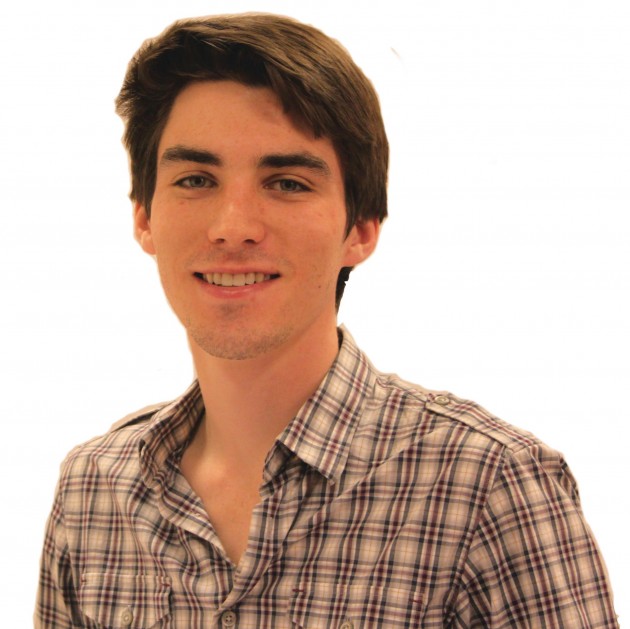
While DePauw offers over 40 potential major fields of study, students can also create their own independent interdisciplinary major. After taking both psychology and biology courses, junior Garth Synnestvedt is in the process of combining those programs into one neuroscience major.
Synnestvedt hopes that unifying the two majors will create room in his schedule so he can pursue other interests. He also plans to complete minors in both philosophy and anthropology.
According to the DePauw Academics website, a student must consult at least three faculty members on how to incorporate courses from at least two conventional academic disciplines prior to declaring an interdisciplinary major.
It took Synnestvedt a lot of time and reflection before he decided to create his own major. His interest in neuroscience has been greatly influenced by his exposure to people experiencing mental illness, including his grandfather, who has obsessive-compulsive disorder.
In recent months, Synnestvedt has worked closely with Henning Schneider and Terri Bonebright, biology and psychology professors, respectively, to decide what courses correspond with his focus on mental health.
"In some ways, [you] don't have the same sort of benefits everyone else gets from having a departmental home..." Synnestvedt said. "When you're interdisciplinary like I am, it's essentially a half [biology] and half [psychology]. I have a risk of being academically homeless."
Synnestvedt isn't the first student to design his own major. In the past decade, 20 students have graduated with interdisciplinary majors, according to Bill Tobin, director of Institutional Research. Since each interdisciplinary student has a different academic program, additional time must be dedicated to reflection, discussion and filling out paperwork. Even with this extra work, Synnestvedt has no regrets about coming to DePauw.
"I knew I wanted to do science, but I knew I didn't want to be 'the scientist' who does science and that's it," he said. "I wanted [my major] to connect to other fields and to real life in ways that I didn't feel like it would at a big school."
Synnestvedt is currently unsure where his passion for neuroscience will lead him after DePauw. He's more concerned about formulating a plan for a solid education.
"Do you go to college to get a job? Or do you go to college to get an education?" Synnestvedt said. "That fundamental question has been motivating me to make sure that I'm balancing the two...If I'm not getting the education, then I'm definitely not getting the job."
